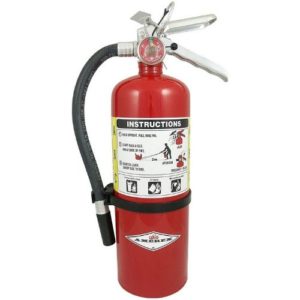From tiny personal heaters for a chilly office to large outdoor heaters for the garage, space heaters come in a variety of shapes, sizes, and styles.
It’s important to match the power type and size to your need. Propane and carbon-burning space heaters are best left outdoors while electric and oil-filled heaters work well inside.
When you think of space heaters, chances are indoor space heaters come to mind. They can range from personal space heaters small enough for your home office to large units with enough power to warm your living room.
Electric space heaters and oil-filled space heaters can both be used indoors, but some fuel-burning models are best for outdoors or open spaces like your garage or patio.
You’ll come across a few common types of indoor space heaters: portable, radiant, and oil-filled. None of these categories are necessarily safer than others. It all depends on how well you take care of your space heater and how you use it.
The safety features that come with your space heater matter much more than what it’s made of. Look for UL certification, overheat protection, timers, long cords, and tip over shut off.
A propane or kerosene heater is a good solution for a cold garage or back porch in the cold months, but they don’t belong indoors.
Space heaters that burn carbon-based fuels can release dangerous fumes like carbon monoxide, putting your whole household at risk.
These are a few common types of outdoor space heaters:
- Kerosene heaters: A kerosene heater usually comes with a metal grate around it to prevent accidental touches or tipping over. Because it burns a combustible gas, it’s best left outside. If you love the outdoors, they’re a good addition to your stash of camping supplies.
- Propane heaters: Like your grill outside, a propane heater uses a tank of propane to generate heat. You can find large or small propane heaters for outdoor use, but they generally cost more than their kerosene-burning cousins.
- Patio heaters: Patio heaters are best for wide outdoor spaces and flat surfaces like brick or cement. They’re usually tall tower structures that generate heat from burning natural gas through your home’s gas line or a propane tank built into the device.













